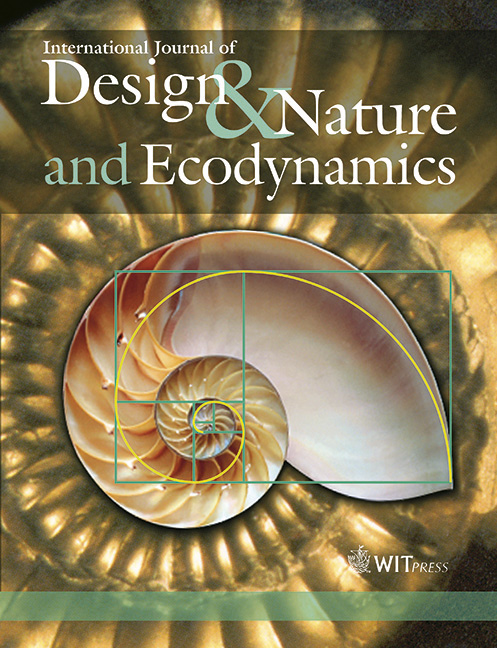THE UNEXPECTED COURSE OF INSTITUTIONAL INNOVATION PROCESSES: INQUIRY INTO INNOVATION PROCESSES IN LAND DEVELOPMENT PRACTICES ACROSS EUROPE
Price
Free (open access)
Volume
Volume 6 (2011), Issue 4
Pages
20
Page Range
297 - 317
Paper DOI
10.2495/DNE-V6-N4-297-317
Copyright
WIT Press
Author(s)
W. TIMMERMANS, T. VAN DIJK, P. VAN DER JAGT, F. ONEGA-LOPEZ & R. CRECENTE
Abstract
Changes in planning practices can be explained from the prevailing theoretical juxtaposition of ‘institutional design’ and ‘institutional evolution’; two schools of thought that are at the extremes of assumptions on modifiability. The two extremes are considered to be inextricably linked to each other and cannot be separated; institutional design at a higher level highly infl uences institutional evolution at a lower level. In this paper we add the opposite direction of their interdependence. We found that small and sometimes even unexpected efforts of institutional design at a low level of scale can, when aggregated, result into an evolution of collective institutions at a higher level. We participated in a cooperative project between research and practice, which was established as an exchange project on innovation in land development. We investigated the genesis of institutional change in land development, which is a specific regional planning instrument. We analyzed 40 planning practices that were presented by land agencies from seven EU regions (Flanders, the Netherlands, North Rhine–Westphalia, Galicia, Portugal, Hungary, and Lithuania) as their most innovative ones. We studied the histories of 14 of them intensively, using grounded data gathered in visits, discussions, and in-depth interviews with key persons. We found great similarity across these 14 cases in terms of the distinctive patterns relating to local processes leading up to systemic innovations: seemingly small, local, often unexpected and unpredictable occurrences appeared to have set the process of innovation in motion. The evidence demonstrates the relevance of the landscape metaphor found in theories on Complex Adaptive Systems for understanding institutional change in planning practice.
Keywords
complexity theory, innovation, land development, planning




